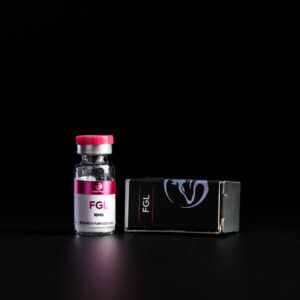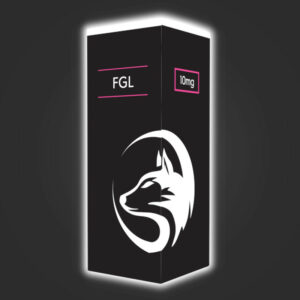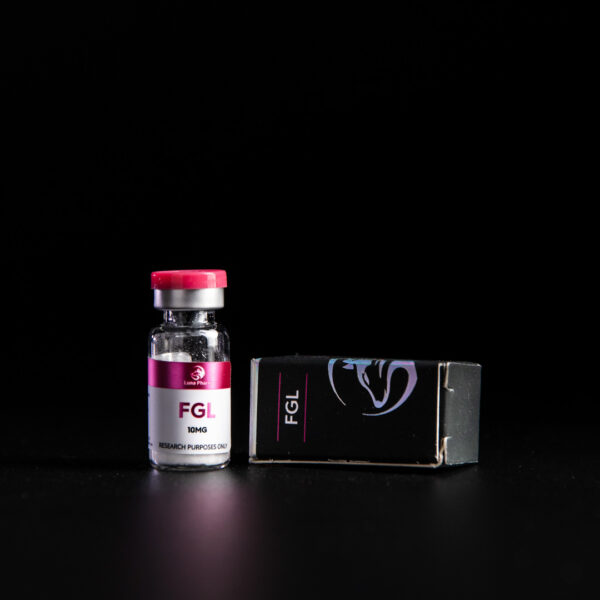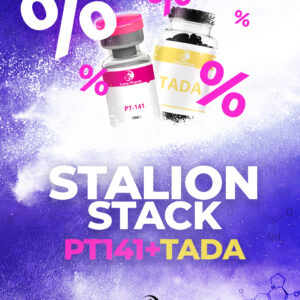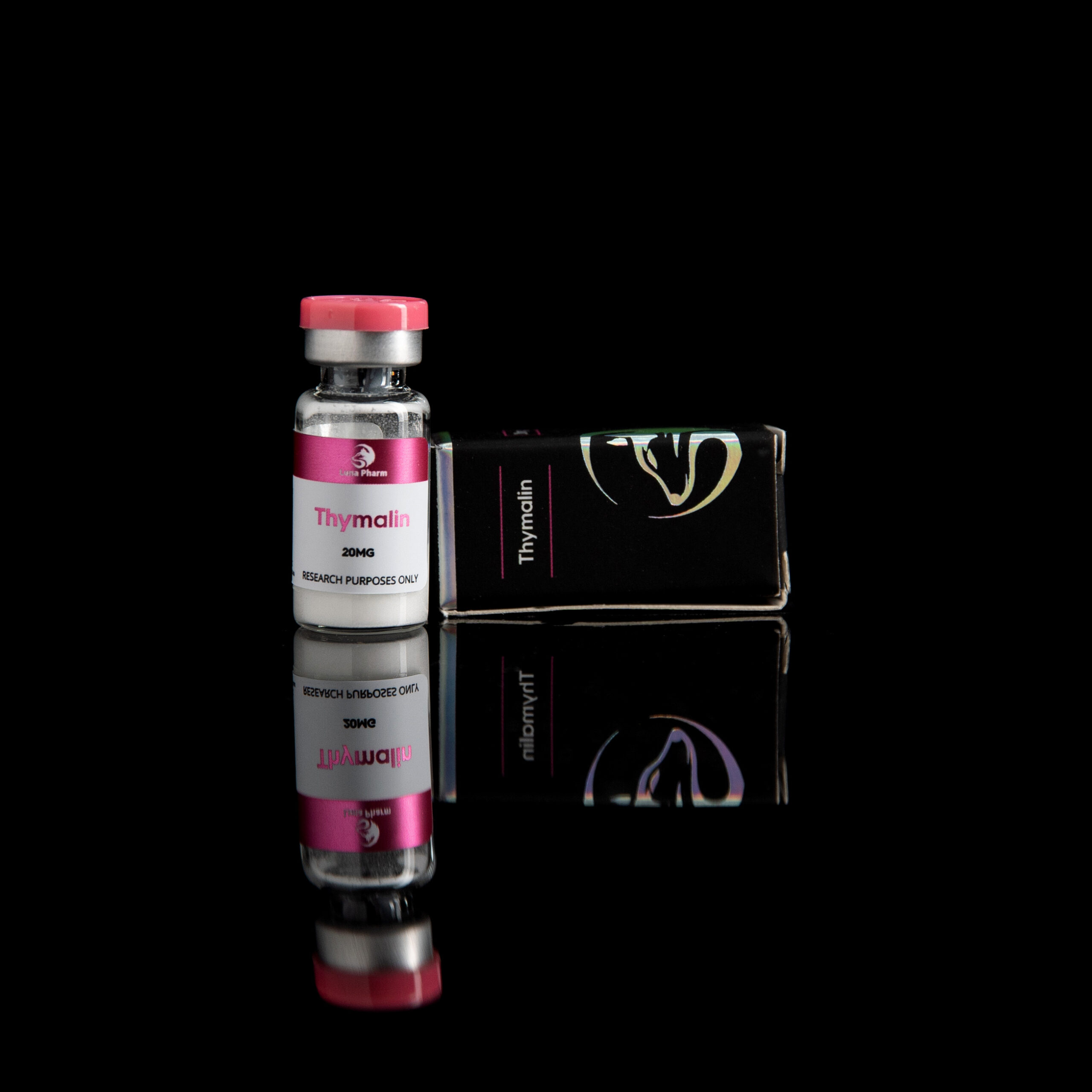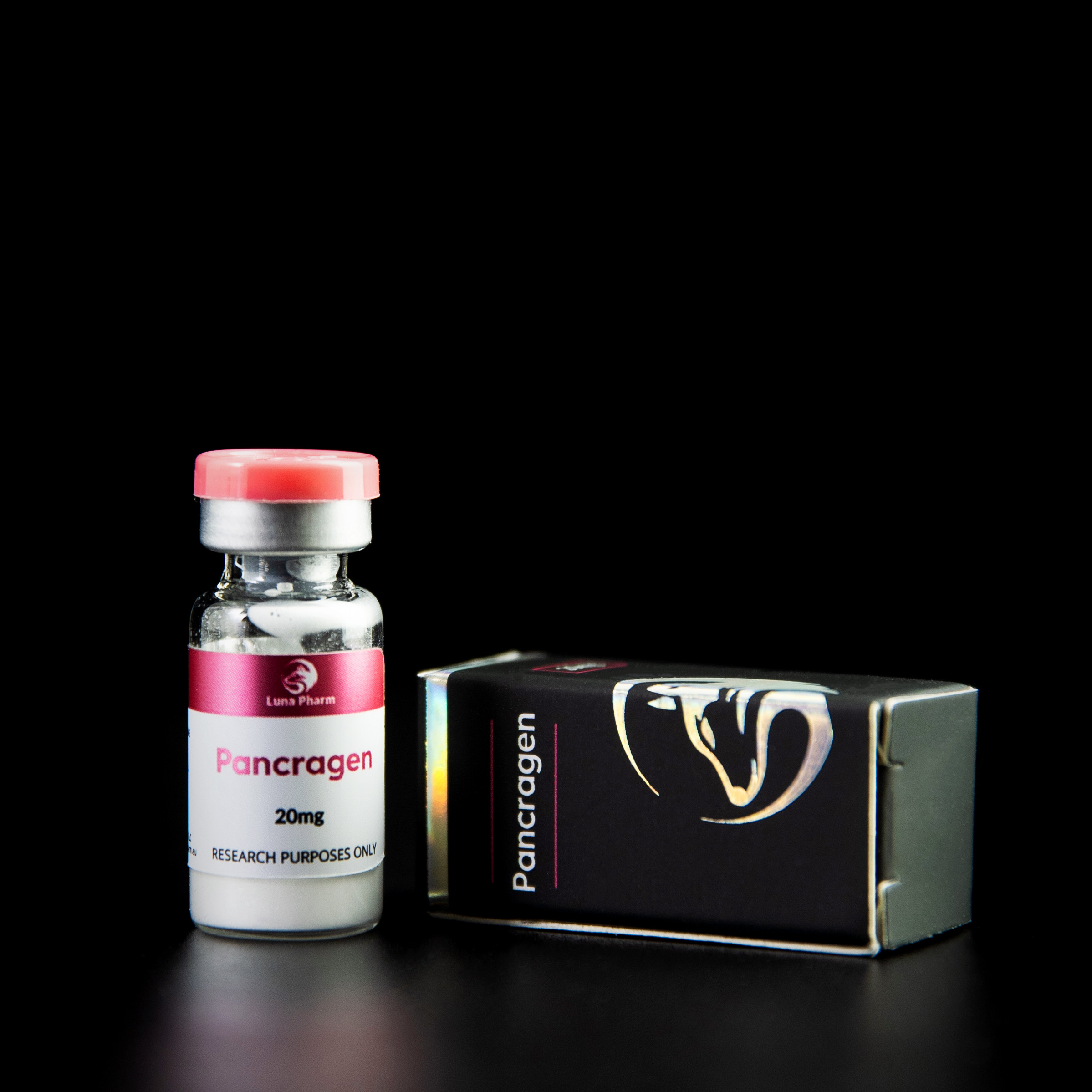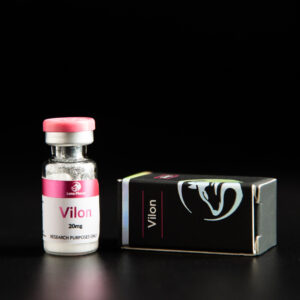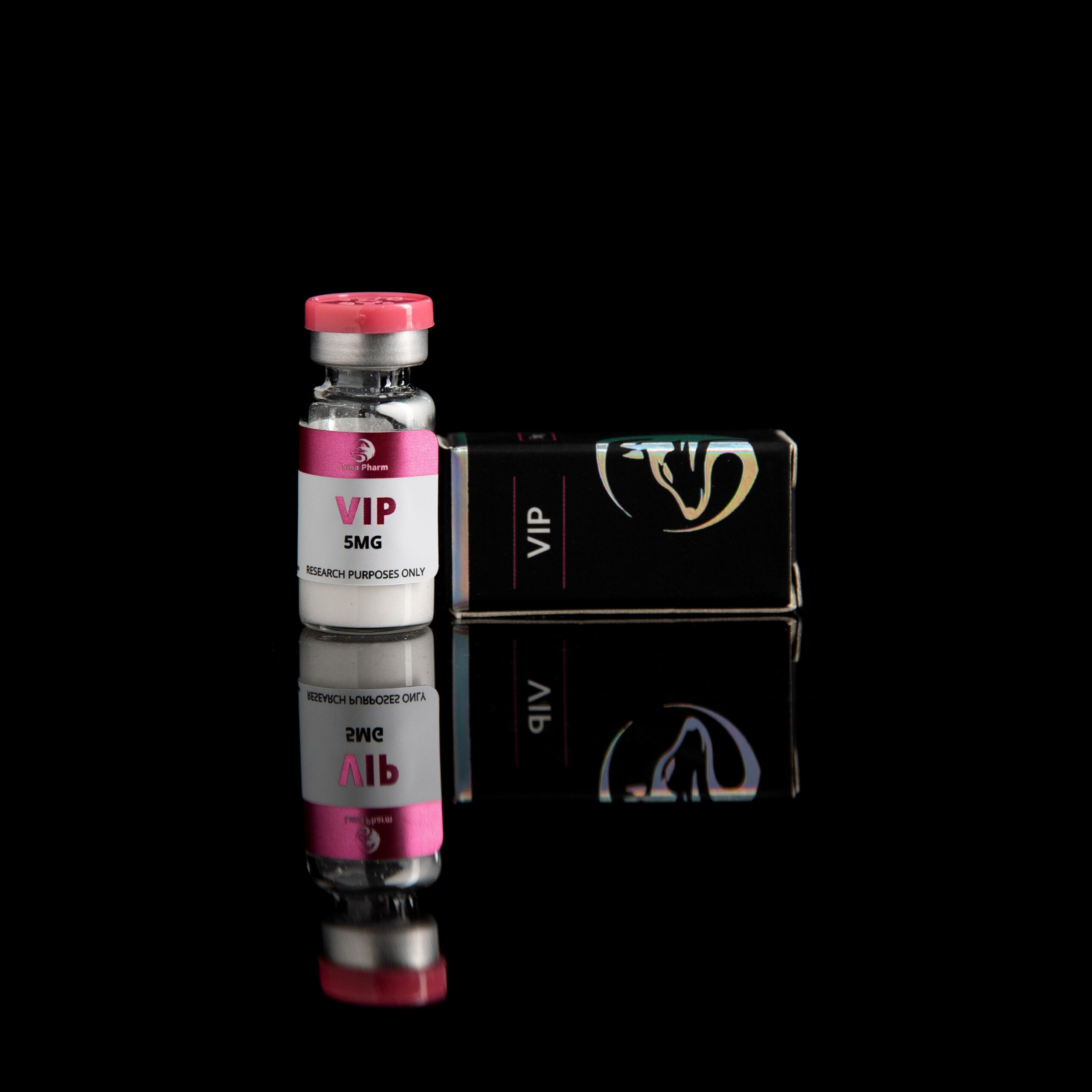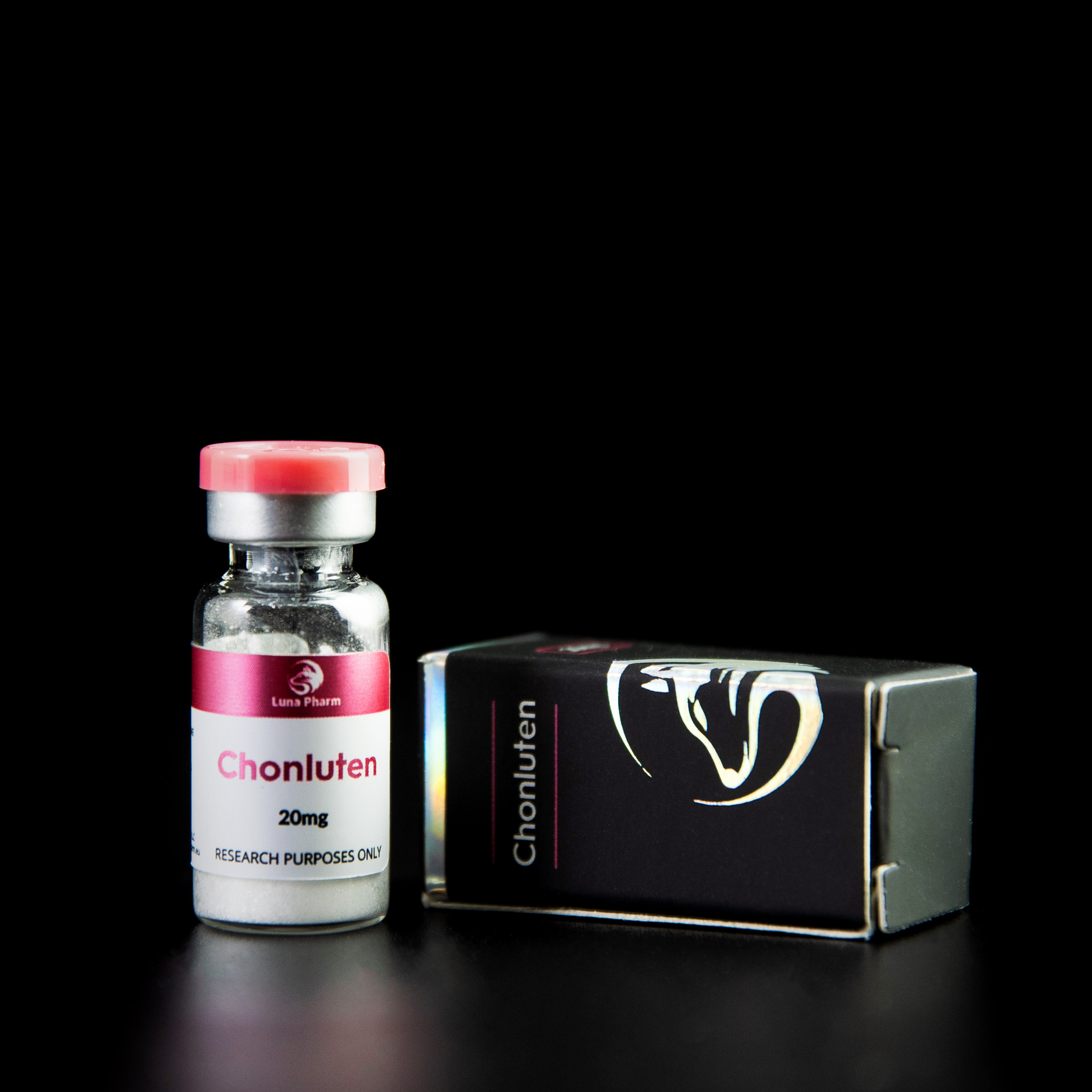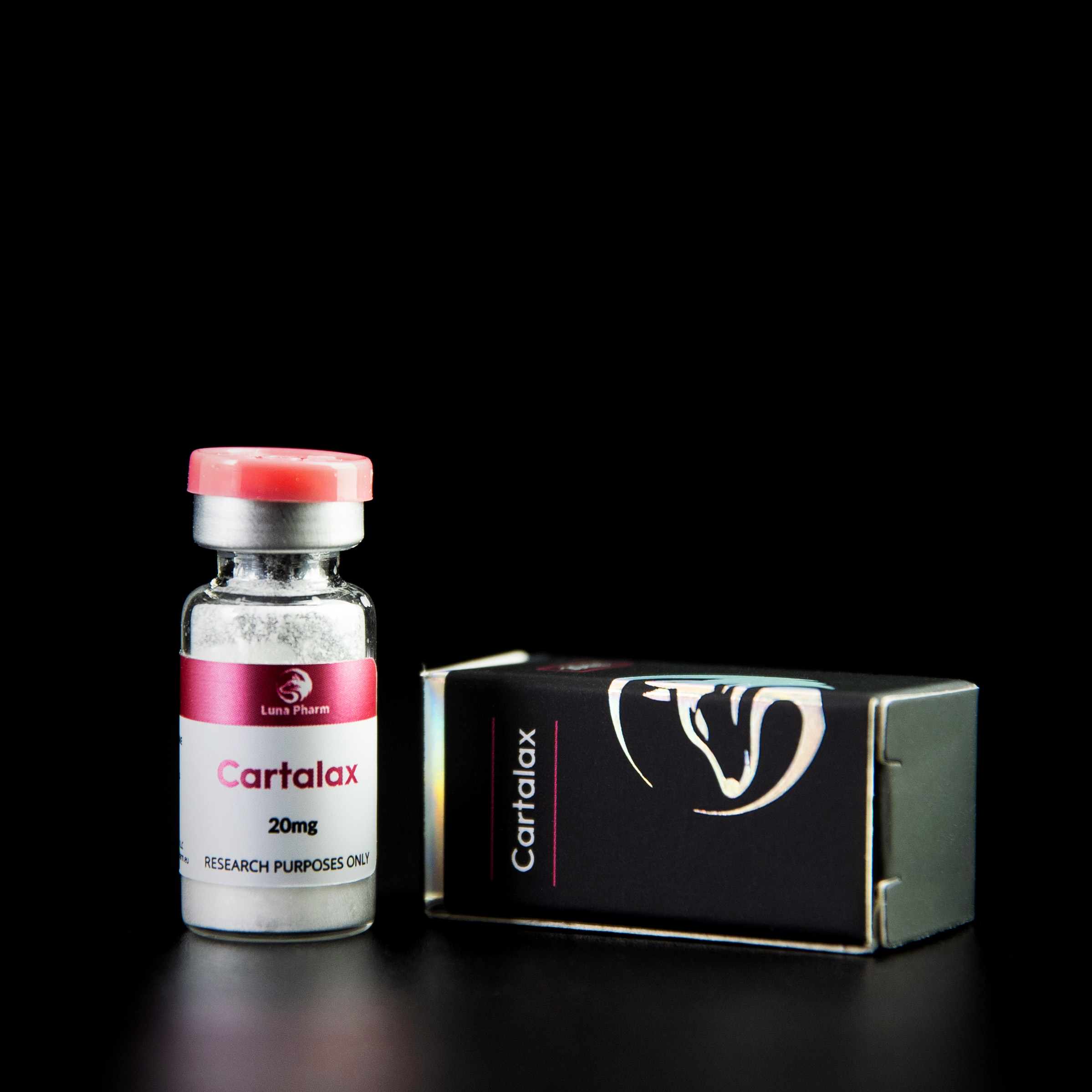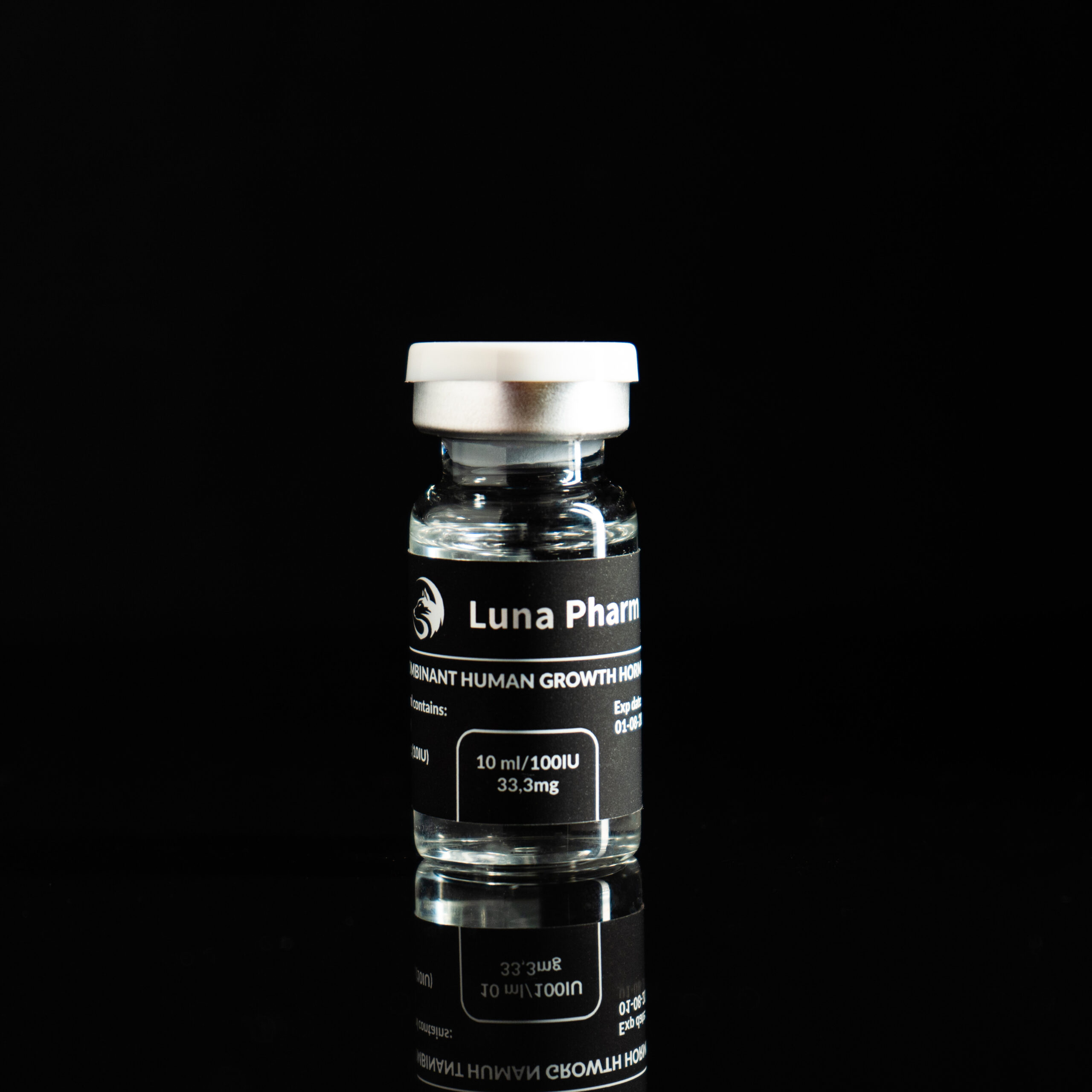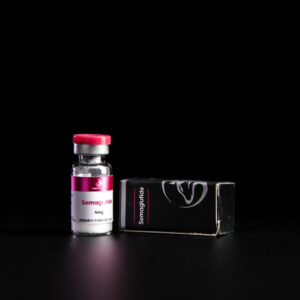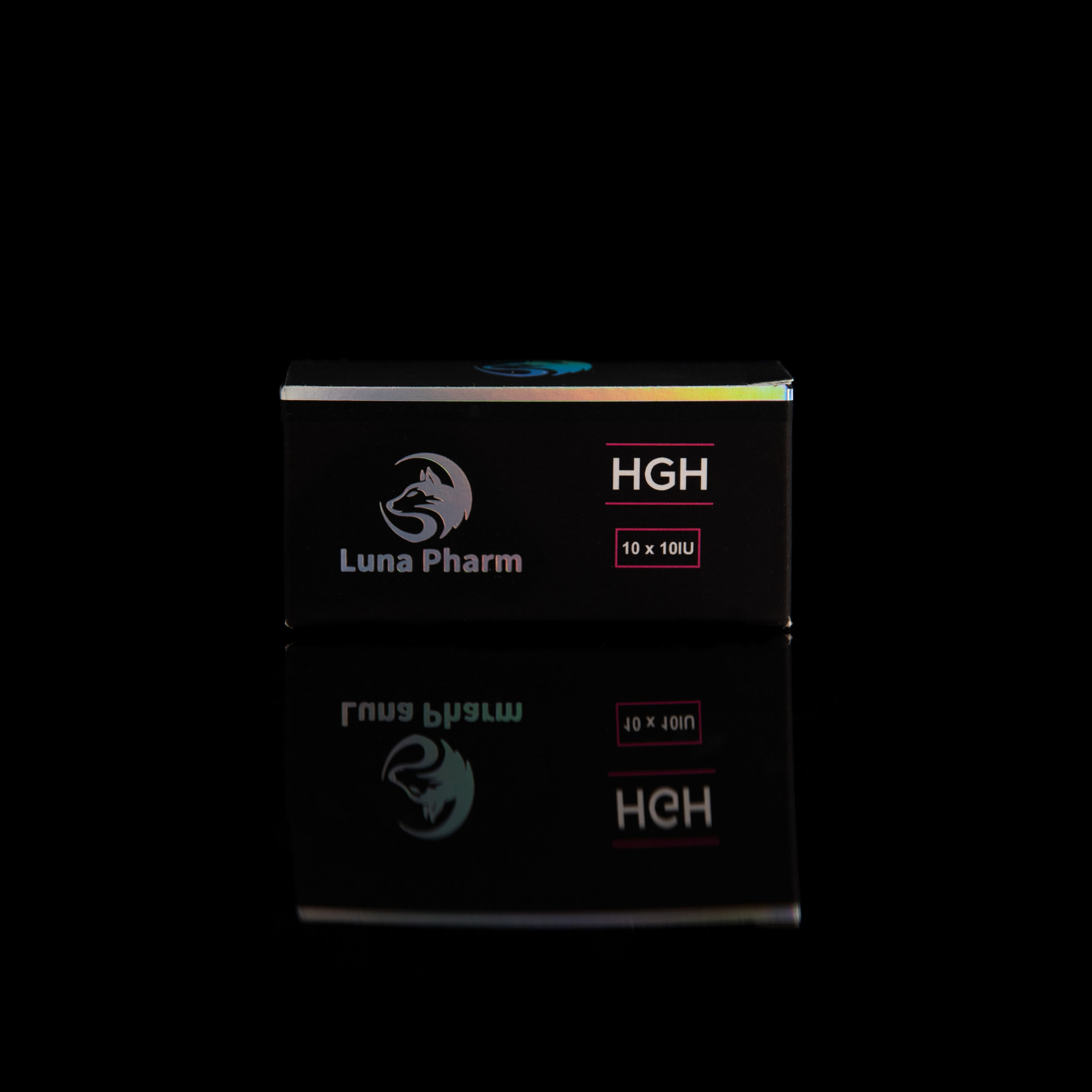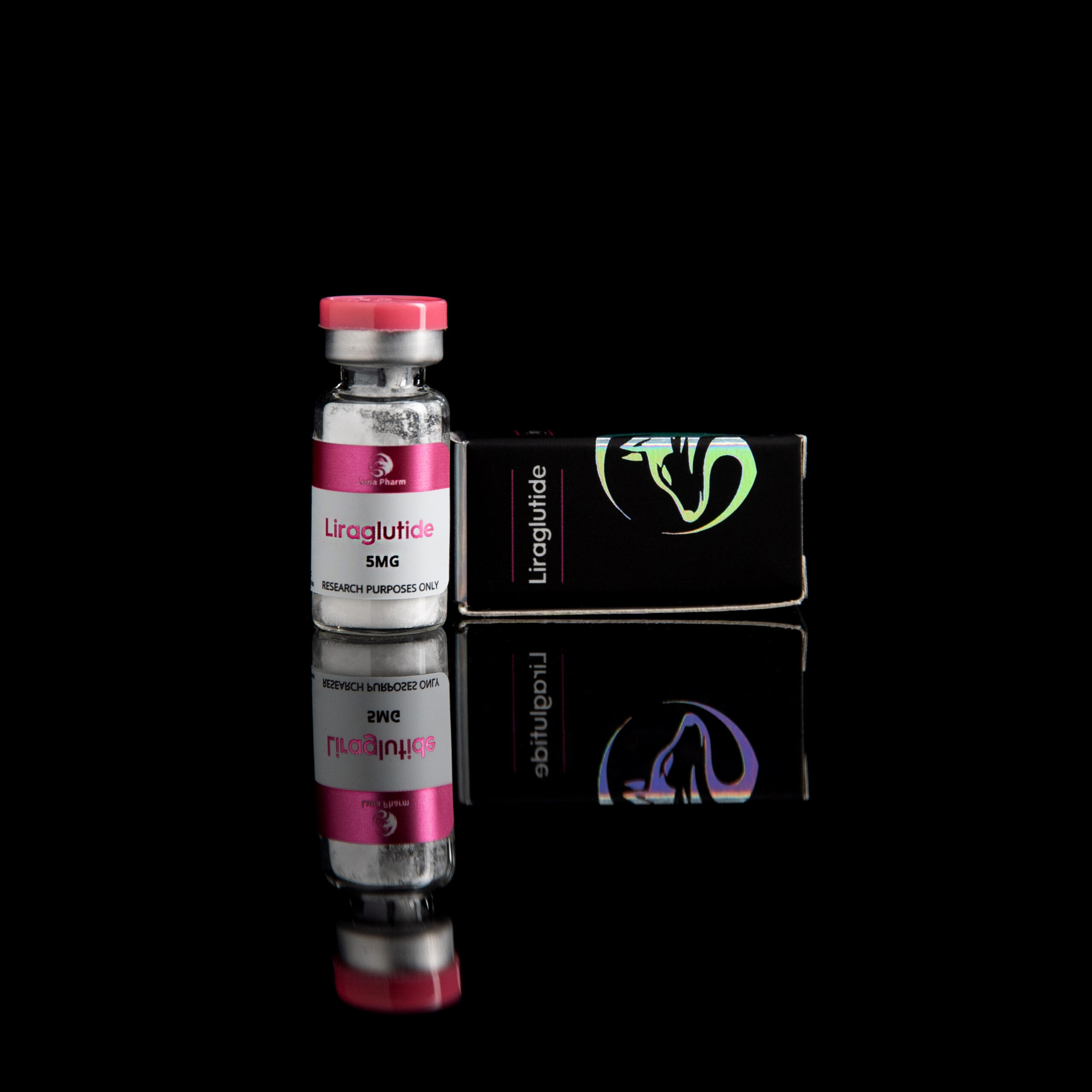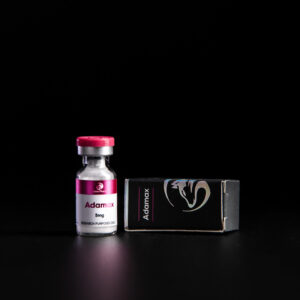Description
Although deterioration of brain function is a natural cause of aging, neurodegeneration causes accelerated neuronal cell dysfunction. Given the CNS’s lack of ability to regenerate itself, interventions that trigger regeneration of damaged neurons are essential in maintaining quality of life at a satisfactory level.Brain glial cells, including microglia and astrocytes, become reactive during normal brain aging, an event associated with cytokine imbalance and synaptic dysfunction.
FGL(L) is a peptide with neurotrophic and memory-enhancing properties. FGL peptide is a variant of natural neural cell adhesion molecule(NCAM). Neural cell adhesion molecule (NCAM) is a membrane-bound glycoprotein that is expressed on the surface of nerve and glial cells.It plays a key role in neuronal development and synaptic plasticity and memory formation.
FGL, was found to activate FGFR1(Fibroblast Growth Factor Receptor 1, which is a receptor essential for synaptic plasticity and generation of new neurons in adults). Activation of NCAM-FGFR signaling pathways results in increased neurite growth and survival and leads to improved memory. In addition to its effect on memory, FGL was found to have a positive effect on the healing of neuronal tissues subjected to ischemia induced by oxidative stress. FGL has also been shown to affect neuropathological symptoms associated with Alzheimer’s disease by inhibiting neuronal degeneration and death.
Research on this peptide has been allocated 7.5 million euros in the 2014 and $60 million in 2016
In vivo studies have shown that administration of the peptide improves associative, spatial and social memory. What’s more, a recent study showed that FGL treatment changes the distribution of synapses, suggesting that FGFR stimulation by NCAM regulates neuronal connectivity.
Does the peptide have potential in treating Alzheimer’s disease?
One published study suggests that it does. Rats that were introduced into AD-like symptoms( memory impairment,dementia) but also given FGL, These deficits have stopped developing. In addition, Aβ-injected rats with more advanced pathology improved after FGL treatment, showing fewer amyloid plaques and better memory than untreated controls . Experiments on rats, dogs and monkeys showed no toxic effects of the peptide, and an eight-day study on 24 healthy male volunteers showed no adverse effects of a single dose of FGL administered intranasally.
Key features
-By regulating synaptic transmission, it is helpful in depression, where such transmission is impaired.
-Protects neurons from damage
-Improves spatial memory
-FGL is one of the potential candidates for neurodegradative diseases ( Alzheimer’s)
-Improves the viability of neurons exposed to toxins ( host cell study)
-promoting neuronal IGF-1 production which promotes neuroplasticity
-FGL improves cognitive function by activating the PKC pathway and increasing AMPA receptor delivery to synapses ( Which results in LTP-long term synaptic potentiation up to twice as strong)
-Can regulate cytokine levels in glial cells, promoting the production of the anti-inflammatory cytokine, interleukin-4
-Modulates neuroinflammatory changes in the hippocampus
-Increased plasticity in the hippocampus
-FGL affects proliferation and differentiation of oligodendrocytes( myelin sheath production)
-Tested by the European Commission for toxicity

